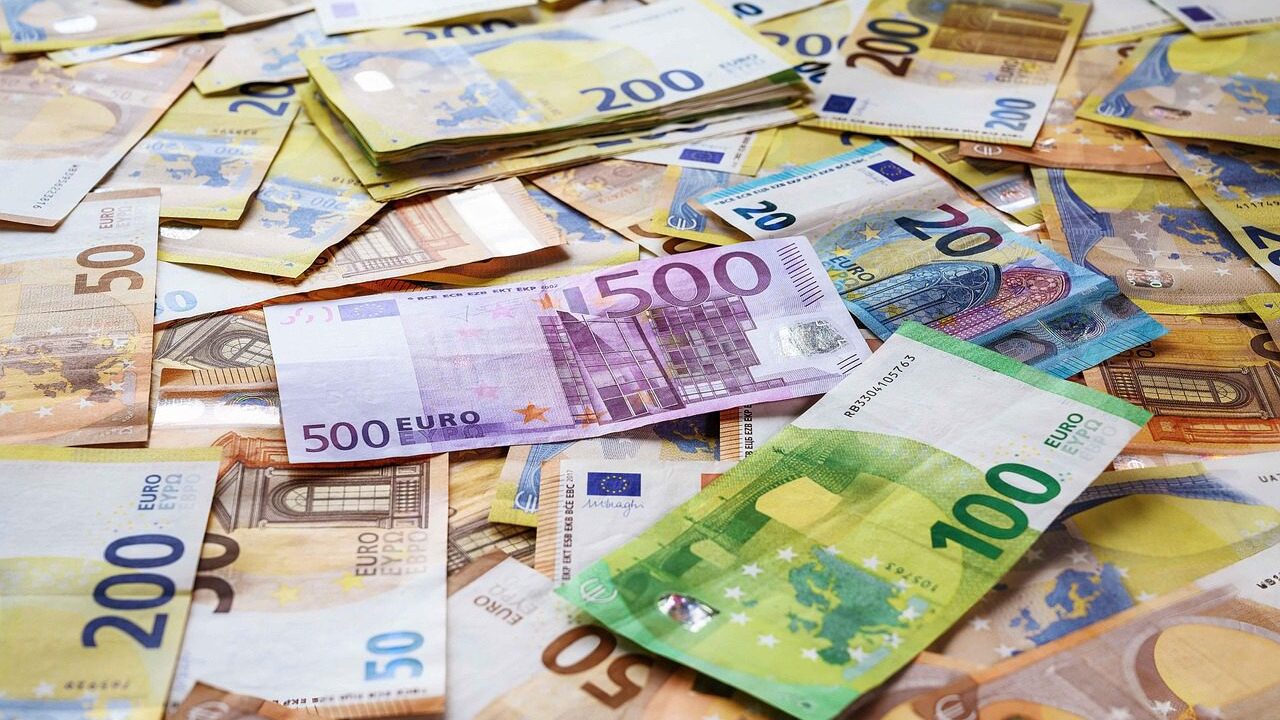
Pixabay
A new report has raised concerns over an “alarming and unprecedented deterioration” regarding corruption in France. The findings underscore the growing involvement of government officials, with a record number of ministers appointed by Emmanuel Macron involved in corruption cases.
France plummeted on NGO Transparency International’s Corruption Perceptions Index for last year, published on Tuesday, February 11th. Dropping five places compared to the 2023 ranking, France now finds itself in 25th place for the year 2024, ten places behind Germany.
The situation is unprecedented since the creation of the index in 1995. Until now, France’s ranking had stagnated, but the country is now among those “at risk of losing control of corruption.”
According to the NGO, this deterioration is inseparable from the political climate prevailing in France today: “this warning signal reflects a rise in breaches of integrity in France in a context of institutional crisis,” the report states. The principle of setting an example at the head of the state has been particularly undermined by the frequent appointment of people accused by the courts to high-level positions in the state. Since 2017, the year of the first presidential election that led to Macron coming to power, “no fewer than 26 ministers have been implicated in political and legal affairs,” the NGO reveals. This has sparked a strong sense of discredit towards the civil service among the French. Indeed, at the beginning of his term, the president emphasised the need for integrity among public servants and called for a minister under investigation to resign. This principle has been completely abandoned, reinforcing the French perception of impunity for leaders.
Recent events have confirmed the conclusions of the Transparency International report.
The trial of former French President Nicolas Sarkozy is currently taking place in Paris. He is accused of having received fraudulent payments from Gaddafi’s Libya to finance his presidential campaign in 2007. Although he categorically denies the charges, the latest evidence provided by his defence is struggling to convince the courts. In addition, he has been forced to wear an electronic tag for the past few days due to a conviction in another corruption case. This is the first time that a former head of state has been given such a sentence in France.
Another headline-grabbing case is Macron’s choice to appoint Richard Ferrand as head of the Constitutional Council—one of the highest administrative bodies of the French state. Ferrand was accused by the anti-corruption association Anticor of “illegal conflicts of interest.” He was cleared by the courts in 2021, but only because of the statute of limitations; his name therefore remains associated in French public opinion with a corruption case involving a close associate of President Macron—a case that has never been tried on the merits. The ‘new world’ so ardently promoted by Macron with regard to appointments to sensitive posts—setting an example, refusing favouritism and political friendships—has also disappeared from the radar.
The issue of corruption is not limited to the highest echelons of the state. As revealed by France Info, corruption affects state agents at all levels, and civil servants at the bottom of the ladder are not exempt. This is referred to as ‘low-intensity corruption’ or ‘everyday corruption.’ These are often police officers who use administrative files to provide services to criminals in return for payment: issuing false documents; disguising stolen cars; tampering with seals in the context of anti-drug checks—the offences are manifold. These cases are difficult to identify and are generally discovered incidentally during an investigation into more serious offences.
The European institutions, quick to consistently denounce the alleged rampant corruption of conservative Hungarian or Polish governments, remain strangely silent in the face of France’s missteps.
